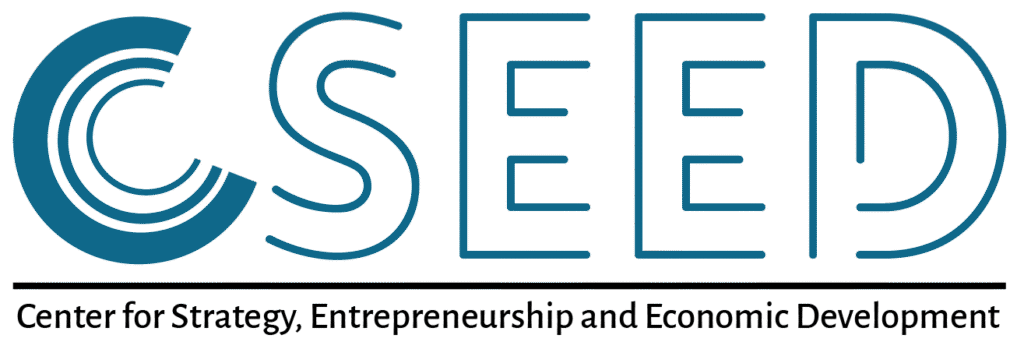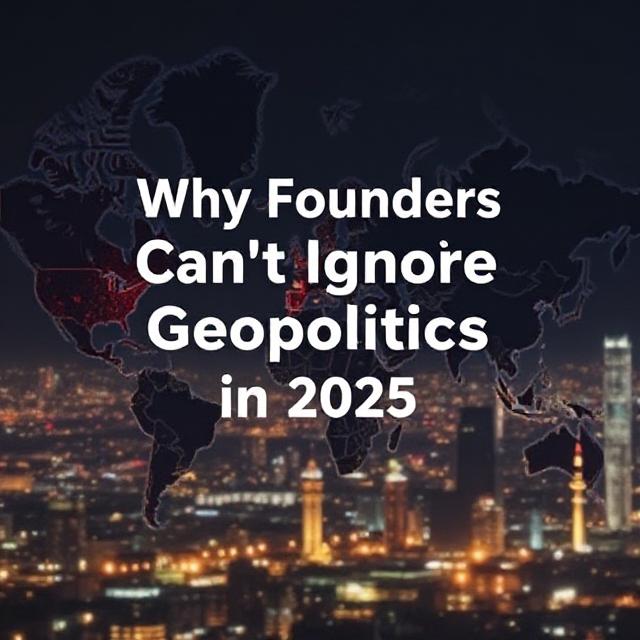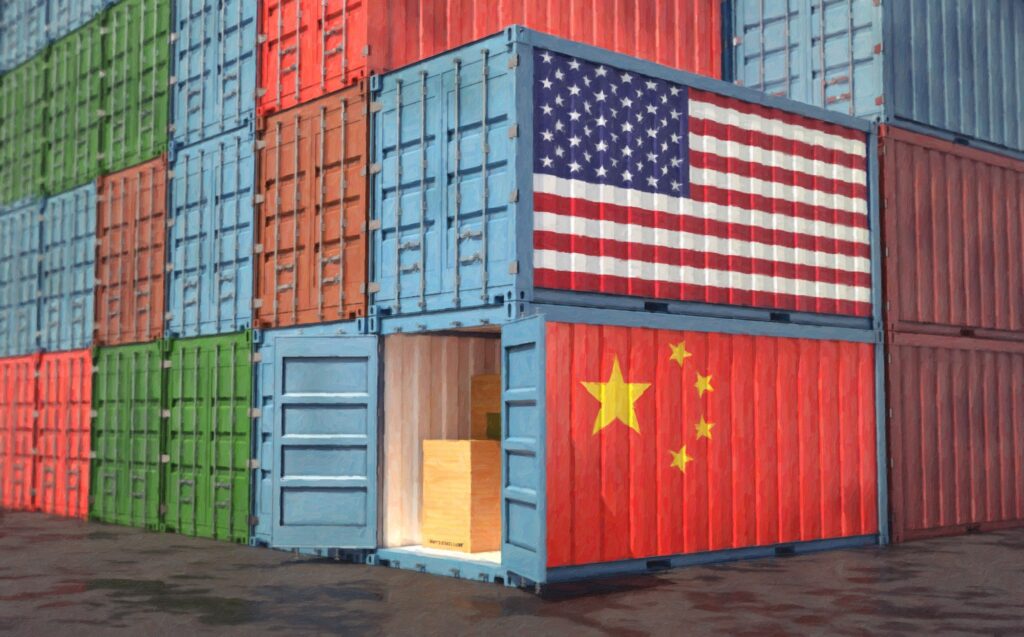Rising nationalism has become a defining trend of the 21st-century political and economic landscape. As countries turn inward and prioritize sovereignty, the global economy is undergoing a fundamental transformation — driven by economic protectionism, populist sentiment, and strategic policy shifts.
This blog explores the effects of rising nationalism on trade, investment, and entrepreneurship — and what policymakers and business leaders must consider in an increasingly fragmented world.
🌐 Economic Protectionism and Trade Policy Realignment
One of the strongest manifestations of rising nationalism is the surge in protectionist trade policies.
- Under former U.S. President Donald Trump, tariffs were placed on over $360 billion worth of Chinese goods.
- India’s “Atmanirbhar Bharat” (Self-Reliant India) campaign encourages local production and reduced import dependency.
- The Brexit vote marked a symbolic and structural break from economic integration.
According to the World Bank, the number of protectionist measures globally increased by 74% from 2017 to 2023.
Key takeaway: Nations are prioritizing domestic industries over global cooperation — a trend with long-term implications for global supply chains and trade relationships.
📊 Populism’s Economic Narrative: Rewriting Globalization
Populist movements have capitalized on public frustration with inequality and economic instability — often pointing fingers at globalization.
- A 2023 Pew Research survey found that 60% of people in developed economies believe globalization contributes to income inequality.
- Populist leaders leverage this sentiment to push for “economic sovereignty,” higher tariffs, and reduced foreign influence.
Populism + protectionism = a new global economic story — one where short-term political wins can disrupt long-standing trade alliances.
🔄 Shifting Foreign Investment and Supply Chains
Rising nationalism has also impacted foreign direct investment (FDI) and global production models.
- UNCTAD’s 2023 report shows a 12% decline in global FDI flows due to geopolitical tensions and uncertain trade policies.
- The concept of “friendshoring” is gaining ground — where countries shift production to allied nations rather than traditional low-cost hubs.
Example: The U.S. CHIPS Act and EU’s Digital Sovereignty programs aim to secure critical tech infrastructure domestically.
🚀 Implications for Entrepreneurs and Policymakers
📌 For Entrepreneurs: New Rules of Global Expansion
Entrepreneurs operating internationally must navigate an increasingly complex web of nationalist regulations and trade barriers:
- Diversify your supply chain across politically stable partners.
- Be prepared for data localization, tariffs, and import restrictions.
- Invest in understanding local compliance and market sentiment.
🔍 Example: E-commerce and tech firms entering new regions now face strict data residency laws and localization requirements driven by digital nationalism.
📌 For Policymakers: Guarding Sovereignty Without Sacrificing Growth
Governments need to balance economic nationalism with global competitiveness:
- Protect key industries, but avoid over-regulation that stifles innovation.
- Encourage regional partnerships for resilience without overdependence.
- Focus on strategic openness — a mix of sovereignty and smart integration.
📉 A Peterson Institute study found that U.S. tariffs during the China trade war reduced U.S. manufacturing jobs by 175,000, despite protectionist intentions.
🧭 Conclusion: Globalization Isn’t Dead — It’s Evolving
Rising nationalism has redefined how countries engage economically. While national interests are valid, long-term isolationism can weaken innovation and global resilience.
For entrepreneurs, adaptability and geopolitical awareness are critical.
For policymakers, nuanced strategies that blend local strength with international cooperation will define the next decade.
– CSEED Research & Analysis Division











